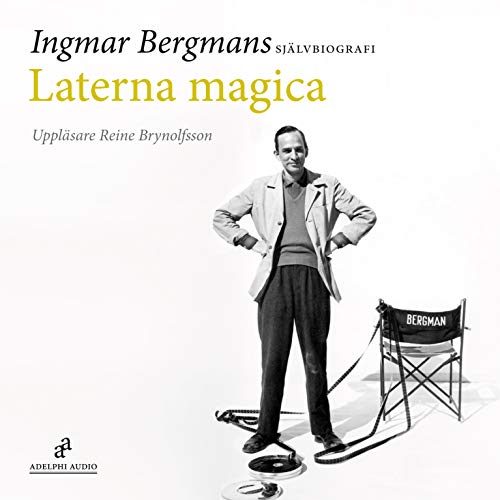

Though in his colourful, even difficult personal life, one does not know if he could have possibly loved a strong, self-possessed woman who was his equal, although he may have admired her.


Women of substance – literally and metaphorically – were the anchors in many of his films. In his films he liked strong, elegant, well-endowed, women. But that he was no sentimentalist is beyond reasonable doubt. One is never clear about Bergman’s attitude towards his own mother Karin. The lunatic priest and his alien sister die in a fire and the children and the mother are saved. The move is to secure the future of her son and daughter. The mother in the film is literally saved from a fate worse than death when she enters into a second marriage with a pastor who turns out to be a pervert. The opening sequence exquisitely photographed by his long-time associate Sven Nykvist, serve s a double function: first to project the fantasy and reverie of the little boy in the film and also to establish a link with his own childhood where the oppressions of the father could only be escaped through flights of fancy provided by these tools of amusement. The only escape Ingmar had from the cruelties of growing up in a so-called religious family was his little puppet theatre and a magic lantern or laterna magica whose flickering images he projected on his mother’s bedsheet doing duty for a cinema screen.īoth the laterna magica and the puppet theatre resurfaced in Fanny and Alexander (1982) Bergman’s last major film. What Erik Bergman did to his other children may be a matter of conjecture but it is not hard to imagine the effect his personality might have had on them. Erik Bergman, an important member of the Church of Sweden was said to be a martinet, and if his son is to be believed, a sadist.Īs a boy, Ingmar was the principal recipient of his wrath which ranged from hard to severe corporal punishment. Himself a sceptic and a non-believer, Bergman shared the anguish of the characters in his films with a stern compassion.īorn Ernst Ingmar Bergman to Karin and Erik Bergman on Jin Uppsala, Bergman could never shake off the after-effects of a contentious, and in retrospect, a malefic relationship with his father who was a minister of the Lutheran Church and later Chaplain to the King of Sweden. INGMAR BERGMAN was arguably the most famous Swede of the 20th century and his severe, dark films, which embraced many aspects of human suffering, had originated from Christianity, its religious and philosophical aspects.


 0 kommentar(er)
0 kommentar(er)
